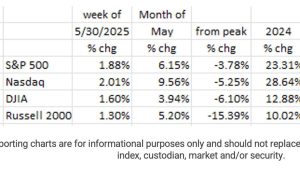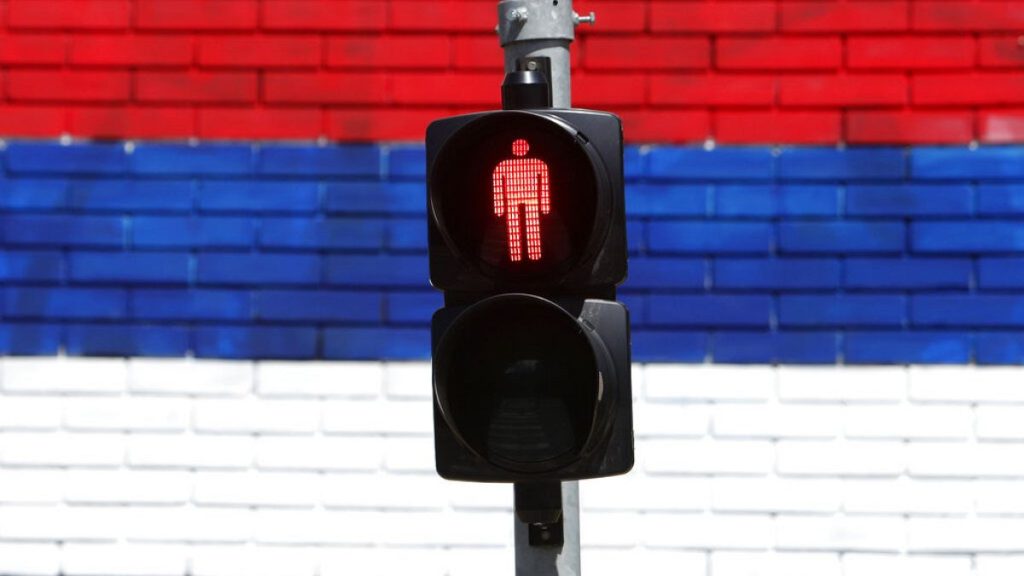The Serbian government stands accused of leveraging advanced spyware and digital forensic tools to conduct illicit surveillance on activists and journalists, sparking concerns about escalating state repression and erosion of civil liberties. Amnesty International’s investigative report details how Serbian authorities have allegedly employed both commercially available and bespoke spyware to infiltrate the digital lives of individuals deemed critical of the regime. This revelation comes amidst a backdrop of growing anti-government protests and accusations of increasing authoritarianism under President Aleksandar Vučić. The Serbian government vehemently denies these allegations, dismissing them as “nonsensical” and asserting that all intelligence activities are conducted within the bounds of the law. However, the Amnesty report, bolstered by testimonies from affected individuals and forensic evidence, paints a different picture.
At the heart of the surveillance operation are two key tools: Cellebrite’s mobile forensic software and a newly identified Serbian-developed spyware dubbed “NoviSpy.” Cellebrite’s products, widely used by law enforcement agencies globally, enable access to encrypted data on seized devices. While legitimate when used under strict legal oversight, Amnesty’s report suggests that Serbian authorities have employed Cellebrite technology outside of these parameters, targeting individuals without proper justification. This raises serious concerns about the potential for abuse and the violation of fundamental rights. Cellebrite has responded to the allegations, stating that they are investigating the claims and are prepared to take action against any misuse of their technology, including terminating contracts with implicated agencies.
Compounding the concerns over Cellebrite’s use is the emergence of NoviSpy, a custom-designed spyware allegedly developed within Serbia. This covert tool allows authorities to remotely access targeted devices, capturing screenshots, copying contact lists, and uploading the pilfered data to government servers. The combined use of Cellebrite and NoviSpy provides a potent surveillance apparatus, granting the Serbian government unprecedented access to the private lives of its citizens. The Amnesty report highlights the case of investigative journalist Slaviša Milanov, who claims his phone was compromised using both technologies following a routine traffic stop. Forensic analysis revealed traces of both Cellebrite and NoviSpy on his device, suggesting a coordinated effort by Serbian authorities to infiltrate his personal communications.
The timing of these revelations is particularly significant, coinciding with a surge in anti-government protests following a tragic railway accident that claimed 15 lives. President Vučić, facing mounting public pressure, has accused foreign entities, including Western intelligence agencies and NGOs, of orchestrating the protests as part of a “hybrid warfare” campaign against his government. This narrative of external interference serves to deflect criticism and justify a crackdown on dissent. The alleged use of spyware against activists and journalists fits into this broader context of escalating repression and the targeting of critical voices.
The accusations against Serbia raise fundamental questions about the responsible use of surveillance technology and the importance of robust oversight mechanisms. While these tools can play a legitimate role in law enforcement, they also carry the potential for abuse, particularly in countries with weak democratic institutions or a history of authoritarianism. The Serbian government’s vehement denial of the allegations, coupled with the lack of transparency surrounding its surveillance practices, further fuels concerns about the erosion of civil liberties. The international community, particularly the European Union, which Serbia aspires to join, must hold the Serbian government accountable for these allegations and demand a thorough investigation into its surveillance activities.
The Amnesty International report serves as a stark reminder of the growing threat posed by sophisticated surveillance technologies in the hands of repressive regimes. The alleged use of Cellebrite and NoviSpy in Serbia underscores the need for greater transparency and accountability in the deployment of these tools. It also highlights the vulnerability of activists, journalists, and ordinary citizens to intrusive government surveillance. As digital technologies become increasingly integrated into our lives, the need for strong legal frameworks and robust oversight mechanisms to protect our privacy and fundamental rights becomes ever more critical. The international community must work together to ensure that these powerful tools are used responsibly and that the right to privacy is not sacrificed in the name of national security.










